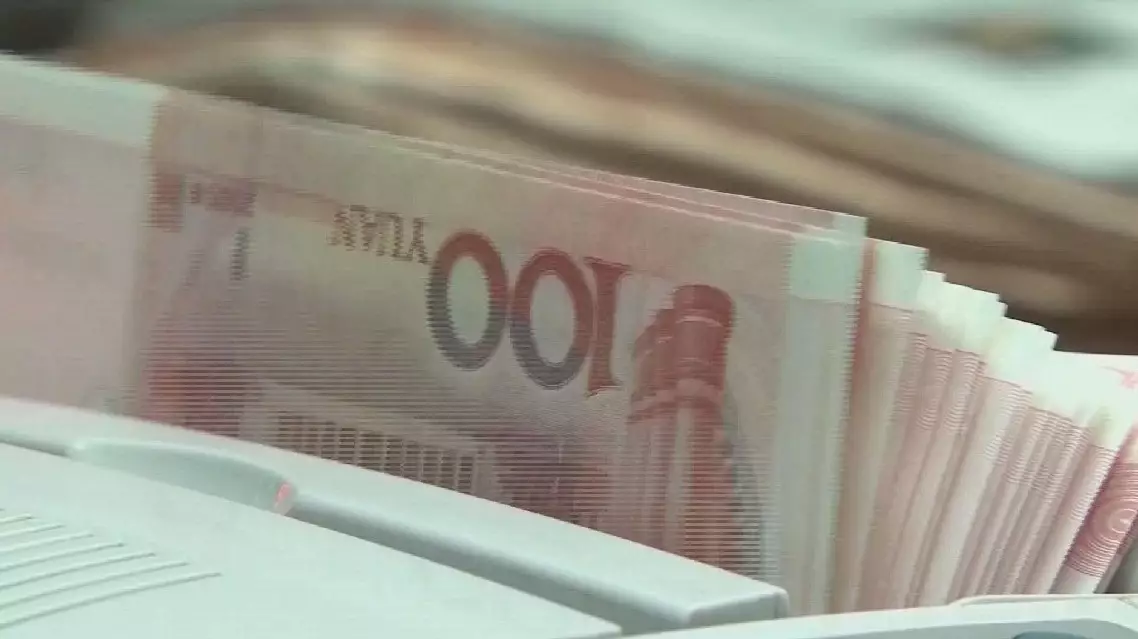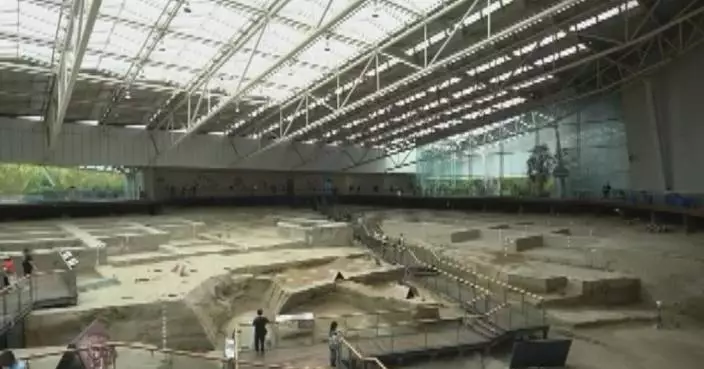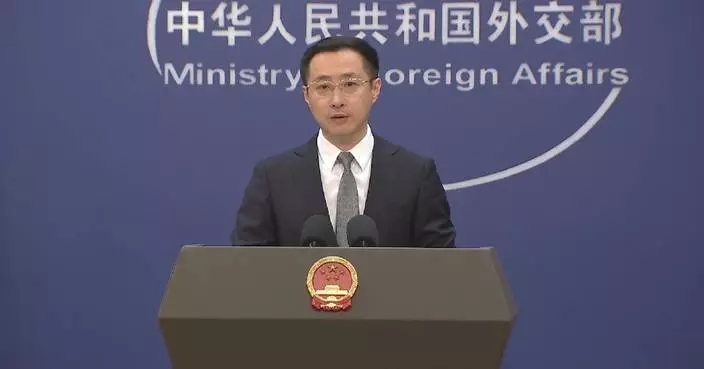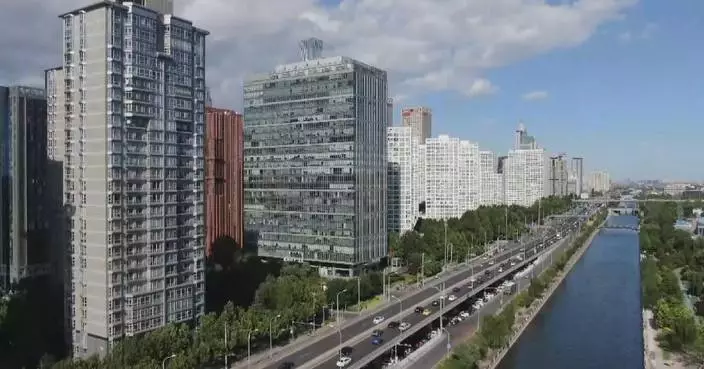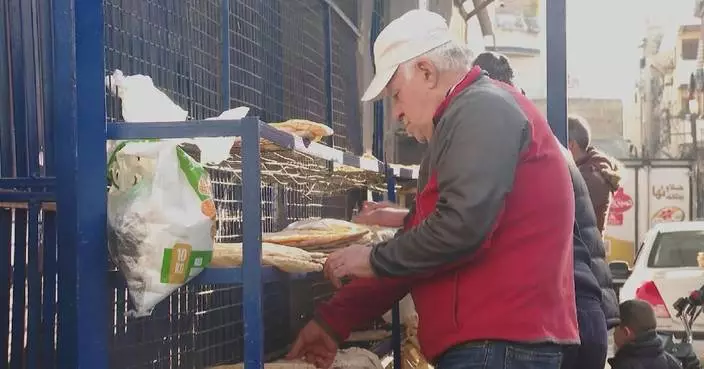Syrians in Damascus are holding out hope for change to come following the fall of Bashar al-Assad's government, but many continue to struggle with high prices and a shortage of basic supplies.
Armed opposition forces seized control of Damascus, the Syrian capital, on Dec. 8, ending over five decades of the Assad family rule. The rapid change of political landscape has sparked uncertainty about the country's future.
For several days there has been a transportation crisis due to a shortage of fuel in Damascus, which has caused a crisis for civilians, especially taxi drivers.
"Currently it is not available at gas stations, only with limited amount by the ID. Only on the street can you buy as much fuel as you want, but at a high price," said a local taxi driver.
Shop owners and merchants stressed that there has been a rise in prices for commodities and food, but note signs that shortages may soon end as production resumes.
"Food prices were rising at insane rates. But now the situation has begun to calm down and gradually return to stability, and shops have reopened. I hope that the sales will be more stable. Food is not yet widely available because there are factories that shut down and have not yet returned to work and distribution. But some factories have actually started to reopen, to feed people and feed their own workers. We hope that the situation will improve and that the value of the Syrian pound will too. We were happy with (the previous exchange rate of) 5000 SP to the U.S. dollar," said Ismail, who runs a commodity store in Damascus.
"We live in a state of nothingness, unfortunately, in every sense of the word, as we have reached a stage where we no longer know how to eat or drink. This statement represents my situation. I have four children, three of them work to help me with household expenses and we can hardly secure a basic living. I do not have a plan for the future. But my children are university graduates and I wish them a future that suits them and to have better conditions for them," said Ibrahim Al-Assi, a vegetable seller.
"Today is the first day we return to work and things are better. I am a municipal employee, now working a second job to help with my daily needs. We hope that the coming days will be better, hopefully I won't need to work a second job to secure a living, and that we can provide our children with a decent and comfortable life," said Adnan al-Hamah, who was seen working as a street-side tailor in addition to his municipal employment.
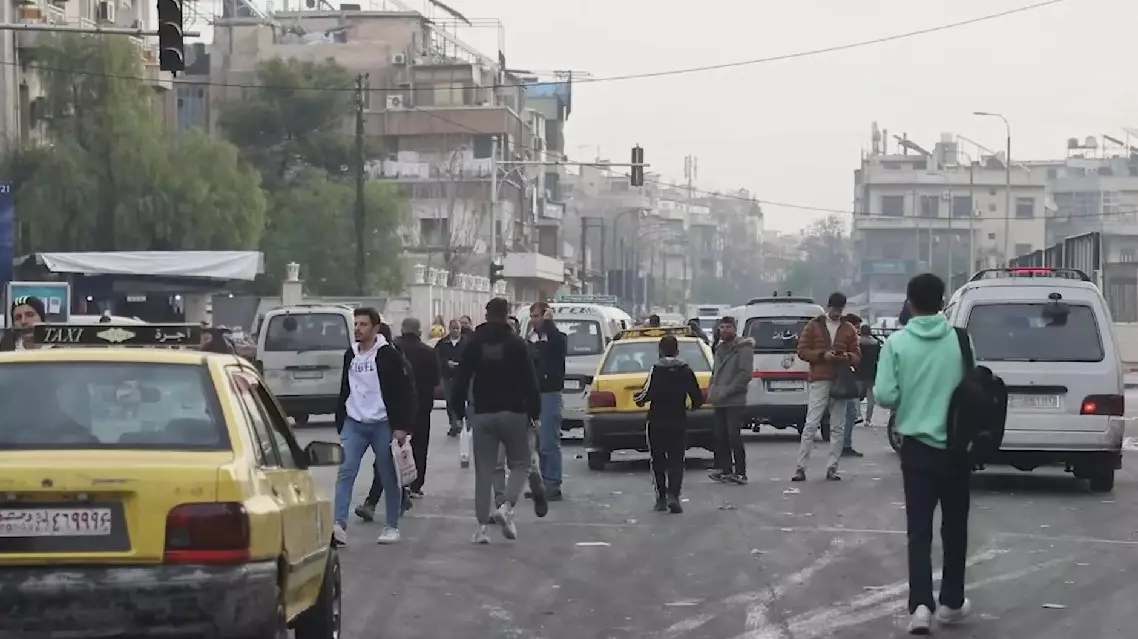
Syrians continue to face high food, fuel prices amid shortages
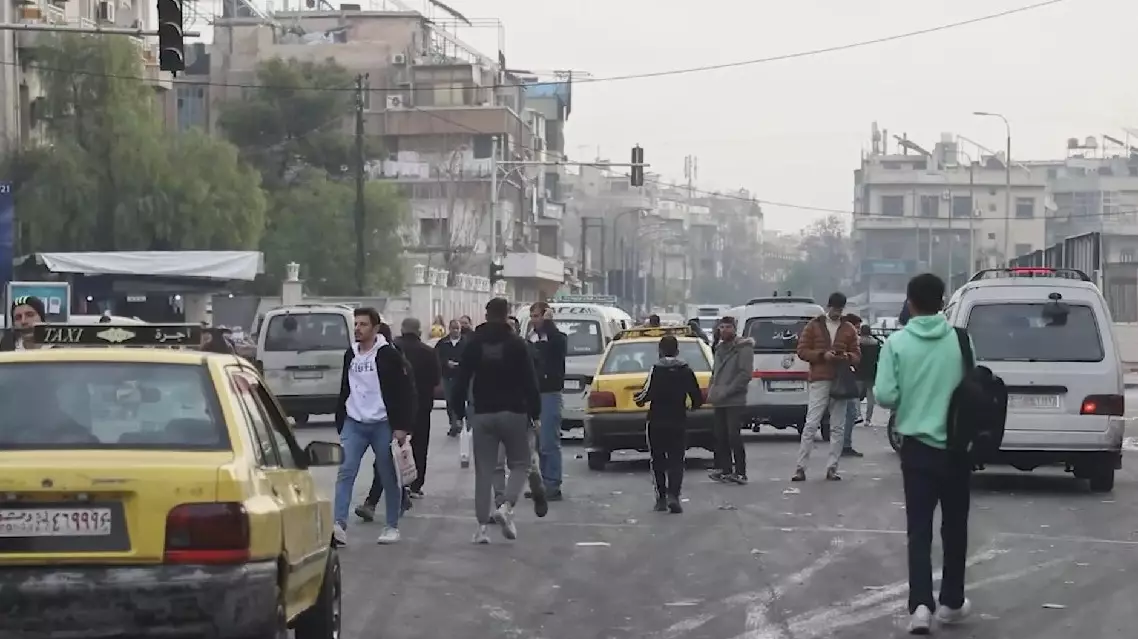
Syrians continue to face high food, fuel prices amid shortages


